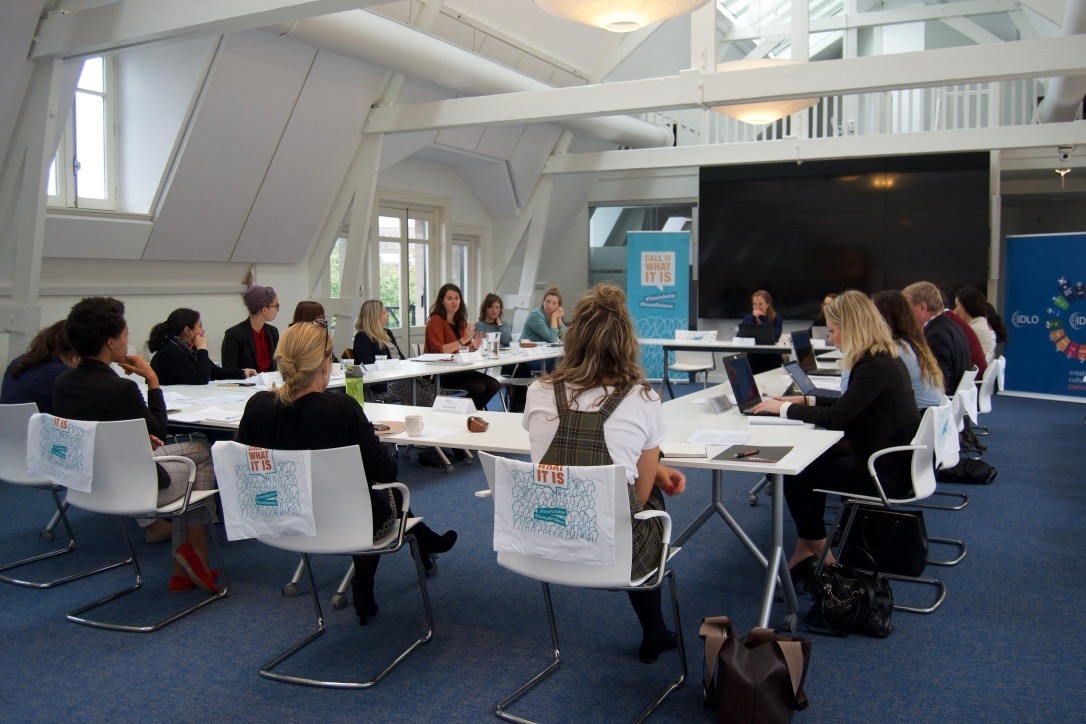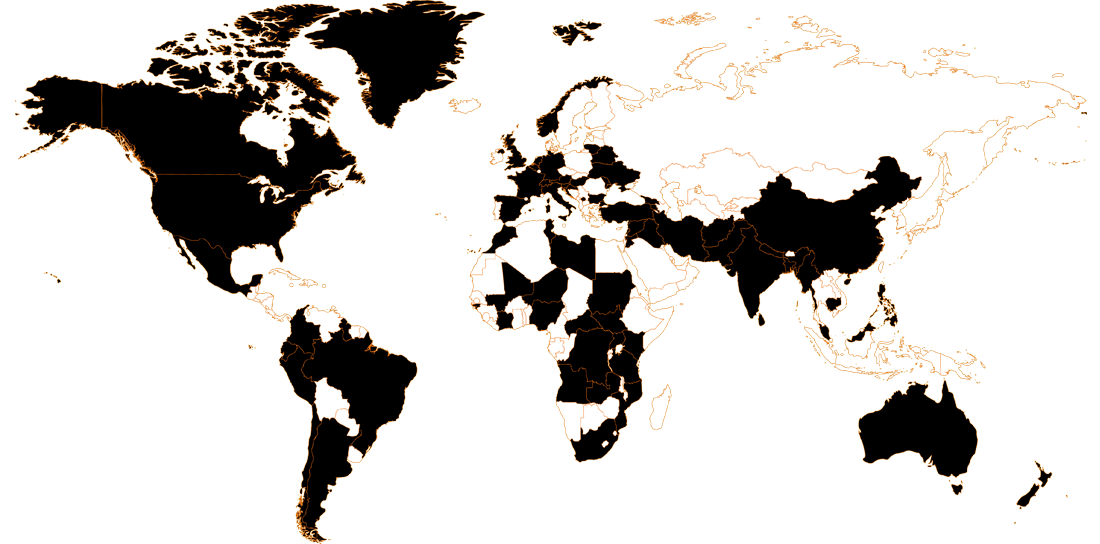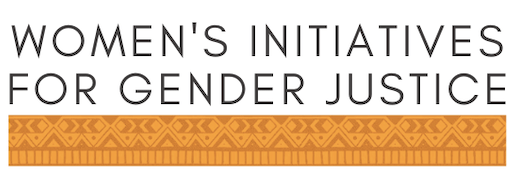Call it what it is

#Time
ToDefine
Understanding sexual violence and what makes an act of violence 'sexual' is a critical step to ensure that perpetrators can be held accountable, to adopt a more adequate response to survivors and to work toward putting an end to this atrocious form of violence.
#Sexual
Violence
Join us in advancing contemporary and victim-centric guidance to criminal law practitioners on what makes violence sexual.

The Call it what it is campaign calls on the collective strength of civil society to give survivors of sexual violence in conflict a voice in shaping contemporary, victim-centric and contextually relevant guidance to international criminal law practitioners on what makes violence sexual. Over the course of 2019, Women’s Initiatives for Gender Justice brought together civil society actors to spearhead a Civil Society Declaration, serving as a vital reference point for international law practitioners on what makes violence sexual. The Declaration is forward-thinking, inclusive, culturally-sensitive, and responds to the realities around the world today. Importantly, the Civil Society Declaration is extensively informed by input from survivors of sexual violence, and ultimately helps to ensure a better reflection of the harm suffered by victims of sexual violence in conflict at all stages of international criminal law procedures.
The Civil Society Declaration
on Sexual Violence includes:
- Guidance on what makes violence sexual
- Non-exhaustive list of acts of sexual nature
- Including examples of acts that may be intended as sexual by perpetrators, and/or perceived as such by victims in specific cultural environments and that are not otherwise contemplated in definitions of sexual violence

* countries of origin of partners, survey respondents and consultations participants
- Share the Civil Society Declaration through your networks
- Become a partner
Contact us at communications@4genderjustice.org
- Civil society or expert? State representative?
Read what you can do here.
2019 is a crucial year to Call it what it is. Sexual violence in conflict is relevant in the three cases (one from Mali and two from the Central African Republic) moving to the confirmation of charges stage at the ICC this year. Also, sexual violence in conflict is pervasive in a majority of the 10 situations under preliminary examinations and 11 situations under investigation by the ICC Prosecutor.
Beyond 2019, the Civil Society Declaration could lead to clarifying the definition of sexual violence in the Elements of Crimes of the Rome Statute. Any State Party to the Rome Statute, the ICC Judges acting by an absolute majority, or the ICC Prosecutor may propose amendments to the Elements of Crimes. Amendments are then adopted by a two-thirds majority of the members of the Assembly of States Parties (article 9 of the Rome Statute).

